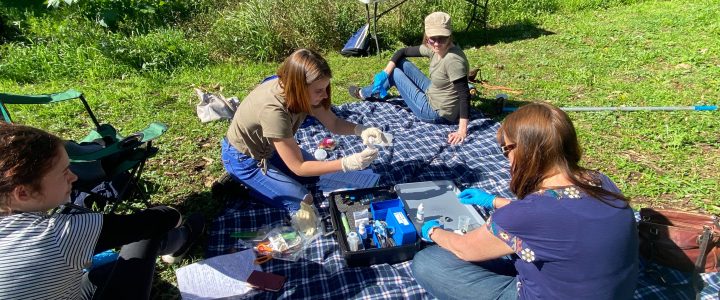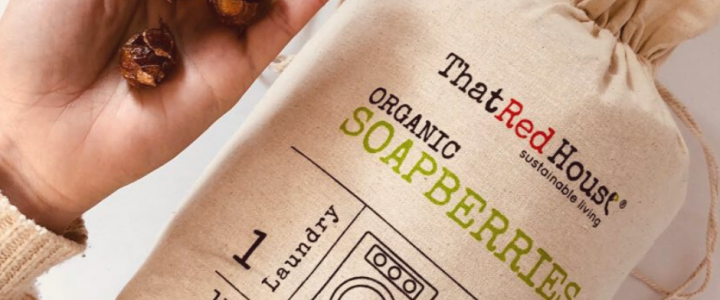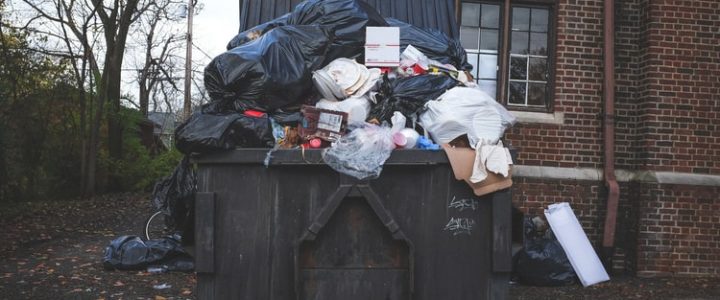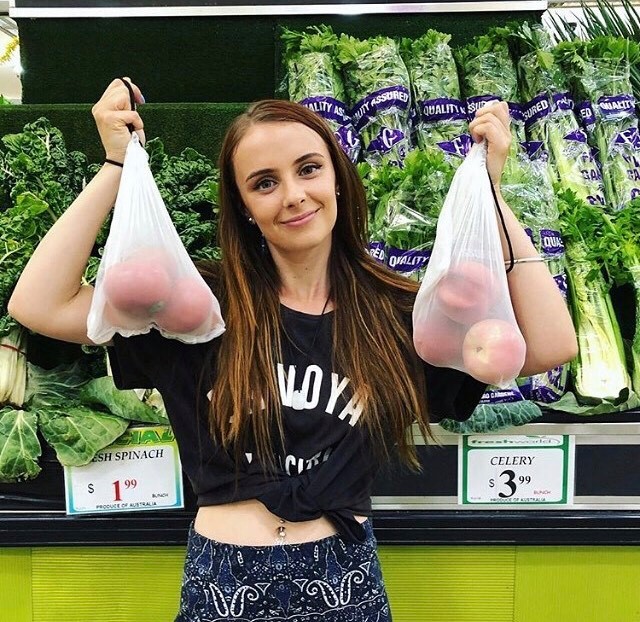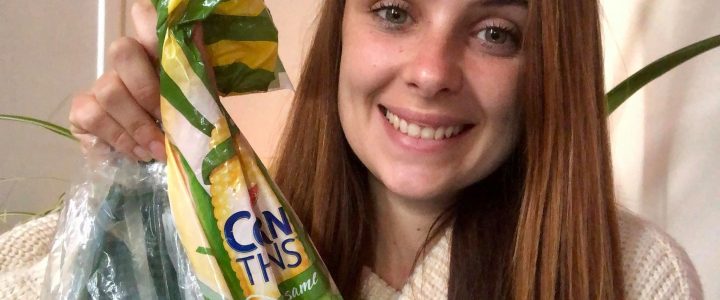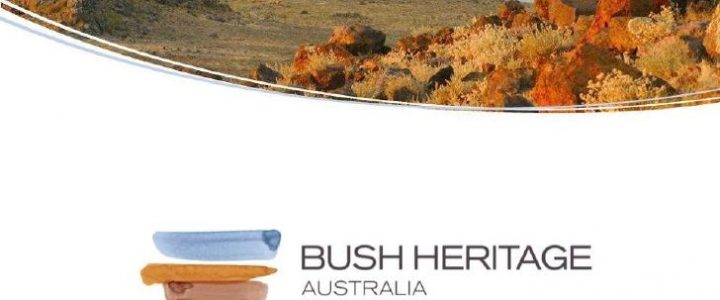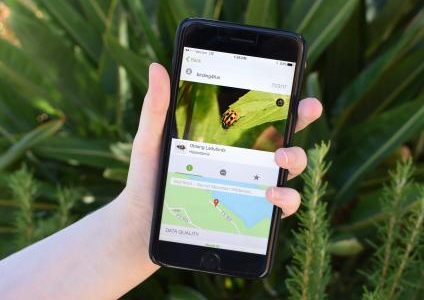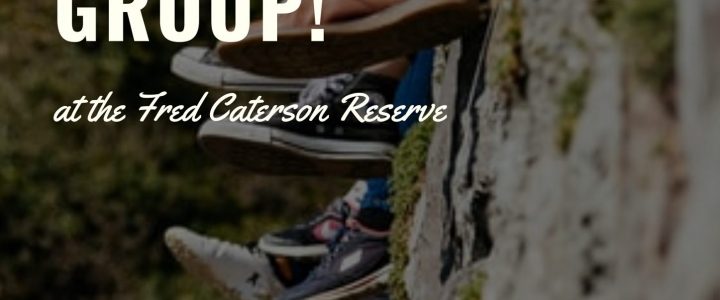Citizen Science is the collection and analysis of data collected by the general public to be used for scientific research. It is usually done collaboratively with professional scientists. It can also be described as public participation in scientific research.
Citizen science is very important as it enables scientists to collect data that would otherwise be impossible or expensive to collect by themselves. With the help of modern technology, people from all over the world can contribute to scientific studies by sharing data with each other.
Community Groups
Scientists often work with community groups as they may already be involved in similar projects, for example if they are working to help their local wildlife, and the citizen science program involves identifying wildlife species, then this collaboration will assist both parties in reaching their goals. The community groups are especially helpful as they can help by promoting the project to bring in new people, to generate ideas, and engage with scientists for advice.
A community group will have a variety of people with different skills and backgrounds too, so scientists will be able to utilize these skills to expand their project and data collection methods. Volunteers can include kids, school students, amateur scientists, retirees and educators.
Citizen science programs are also a great opportunity for students and other volunteers to increase their knowledge and skills in a particular area. Looking into volunteering opportunities that relate to your studies will greatly increase your chances in getting a job.
Citizen Science at CHEN
If you are looking into working in the environment field, whether it is on the research or  community engagement side of things, volunteering with a group that increases knowledge and gives you valuable skills, will be very beneficial to your future career.
community engagement side of things, volunteering with a group that increases knowledge and gives you valuable skills, will be very beneficial to your future career.
CHEN has a Landcare group that includes bush regeneration and citizen science opportunities. Our citizen science opportunities include, water quality testing which is in collaboration with Streamwatch; identifying and taking hollow measurements, which is in collaboration with Hollows as Homes; and Frog ID which is in collaboration with the Australian Museum.
We also partake in bush regeneration activities which is not a citizen science project but does provide you with knowledge and skills related to land management and plant identification.
If you want to get ahead in your career by partaking in such activities, please contact us to get involved.
Please email, danielle@chen.org.au for more information, otherwise click this link to be added to the Fred Caterson Landcare Group where you can keep up to date with what we are doing and come along!

